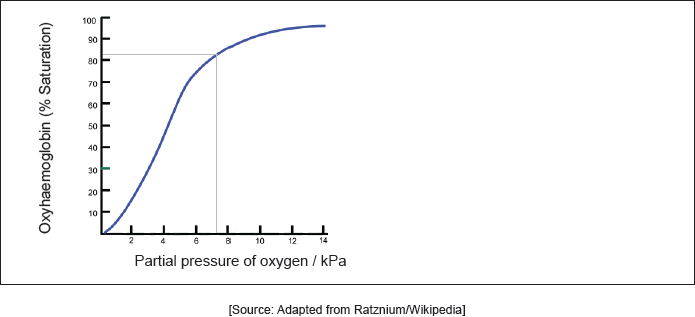| Date | November 2019 | Marks available | 2 | Reference code | 19N.3.hl.TZ0.15 |
| Level | HL | Paper | 3 | Time zone | TZ0 |
| Command term | Describe | Question number | 15 | Adapted from | N/A |
Question
Describe the function of chlorophyll in photosynthesis.
Compare and contrast the structures of starch and cellulose.
One similarity:
One difference:
Explain why maltose, C12H22O11, is soluble in water.
Markscheme
absorbs/traps light «energy» ✔
initiates redox reactions
OR
transfers electrons ✔
One similarity:
1−4/glycosidic linkage
OR
glucose monomers/residues ✔
NOTE: Accept “both are polysaccharides”.
One difference:
starch has α-glucose AND cellulose has β-glucose «monomers»
OR
starch can form coiled/spiral/helical chains «and straight chains» AND cellulose cannot/can only form straight chains/can only form a linear structure
OR
starch «in amylopectin» also has 1−6 glycosidic links AND cellulose does not ✔
NOTE: Accept "cellulose has alternate glucose monomers upside down with respect to each other AND starch does not".
«solubility depends on forming many» H-bonds with water ✔
maltose has many hydroxyl/OH/oxygen atom/O «and forms many H-bonds» ✔
NOTE: Reference to “with water” required.
Accept “hydroxy” for “hydroxyl” but not “hydroxide/OH–”.
Reference to many/several OH groups/O atoms required for M2.


